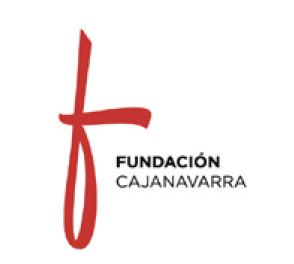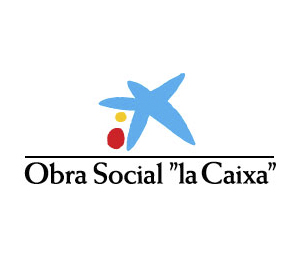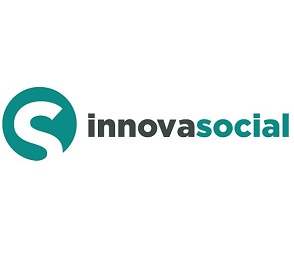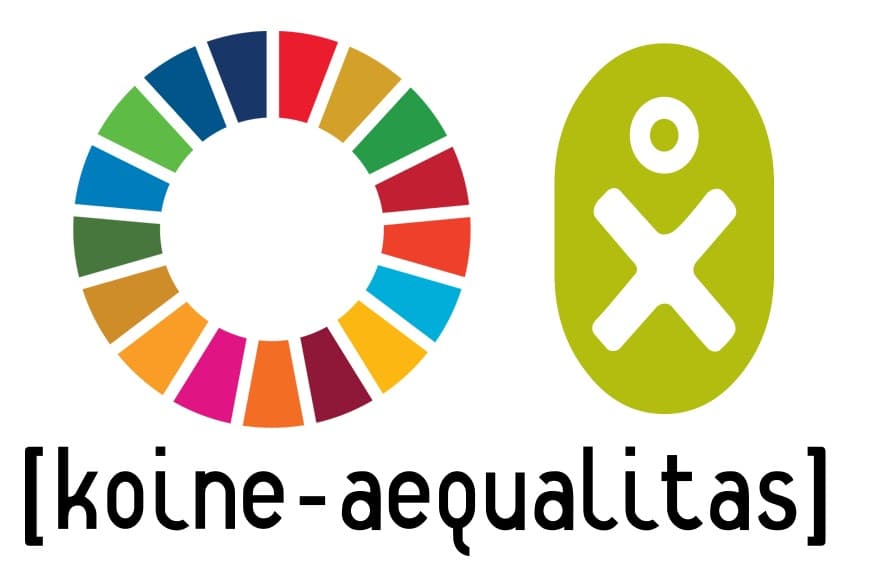At present, we speak on numerous occasions of Empowerment (which means “granting power”) of the collective of people with disabilities. This term is more than just a word, it is a conceptualisation that we can define as a process through which we can analyse and detect the needs of a socio-economically disadvantaged collective with the aim of providing its members with the necessary tools, so they can achieve greater autonomy and, thus, reduce their vulnerability.
This process is incomplete if it does not include “Cultural Empowerment”, understood as the involvement in the definition of cultural norms, influence on the symbolic order, maintenance or development of a culture of their own, access to the enjoyment of cultural heritage… This empowerment process promotes full citizenship, acknowledging and guaranteeing the intrinsic rights of the collective of people with disabilities.
Our project is supported by the Caja Navarra Foundation and by the Obra Social La Caixa Foundation through the INNOVASOCIAL Programme, which aims to create, with the participation of other social organisations, accessible cultural contents and the technologies that will sustain them to operate and manage an Interpretation Centre for St. James’ Way. Our project involves defining a reference model and a methodology that is transferable and replicable in other cities and regions of the Way.



By means of various interactive and multimedia technologies we will make accessible to people with disabilities the culture, history, art, heritage, traditions and customs of the Jacobean route, providing the singularities and values of the territory such as the gastronomy, the natural environment or folklore.
The innovative aspects of our project are based on:
- Plural governance: participation of the social sector, public administrations and cultural organisations in the management and development of the project, generating synergies and gathering spaces for people with disabilities and expert professionals in the culture and heritage of Navarre.
- Design and development of accessible technologies and cultural content, using participatory methodologies, that will constitute a good practice that is replicable for other regions and other interpretation centres of the Way. This will be defined by the agents involved and tested and validated by people with disabilities.
- Application of the paradigm of universal design in the development of products and cultural and heritage environments, in order to be used by the greatest possible number of people in terms of equality
